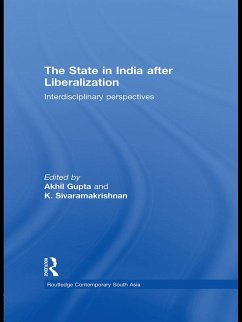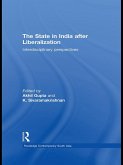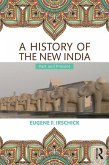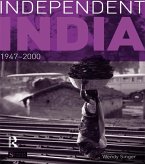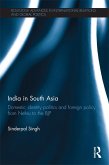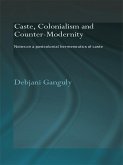This book assesses the impact of liberalization on practices of government and relations between state and society. It is clear that liberalization as state policy has complex forms of regulation and deregulation inbuilt, and these policies have resulted in dramatic increases in productivity and economic wealth but also generated spectacular new forms of inequality between social groups, regions, and sectors.
Through a detailed examination of the Indian state, the contributors - all experts in their respective fields - explore questions such as:
Through a detailed examination of the Indian state, the contributors - all experts in their respective fields - explore questions such as:
- Have the new inequalities resulted in greater social unrest and violence?
- How has the meaning of citizenship changed?
- What will the long-term effects of regional economic imbalances be on migration, employment, and social welfare?
- Will increasing federalism result in new problems?
- Will smaller governments be more effective in providing basic necessities such as clothing, housing, food, water, and sanitation to citizens?
- What does liberalization mean to Indians in cities and villages, in small towns, and metropolises, in poor, middle class, or wealthy homes?
- Are concepts like social capital, decentralization, private enterprise, and grass-roots globalization effective in analyzing the post-liberalization state, or are new concepts needed?
By focusing on what specifically has changed about the state after liberalization in India, this volume will shed light on comparative questions about the process of neoliberal restructuring across the world. As such, it will be of interest to scholars of a variety of disciplines, including sociology, anthropology, political science, geography, international studies, public policy, environmental studies and economics.
Dieser Download kann aus rechtlichen Gründen nur mit Rechnungsadresse in A, B, BG, CY, CZ, D, DK, EW, E, FIN, F, GR, HR, H, IRL, I, LT, L, LR, M, NL, PL, P, R, S, SLO, SK ausgeliefert werden.

